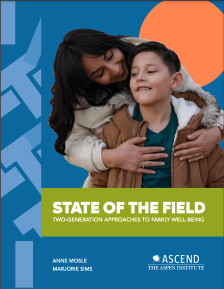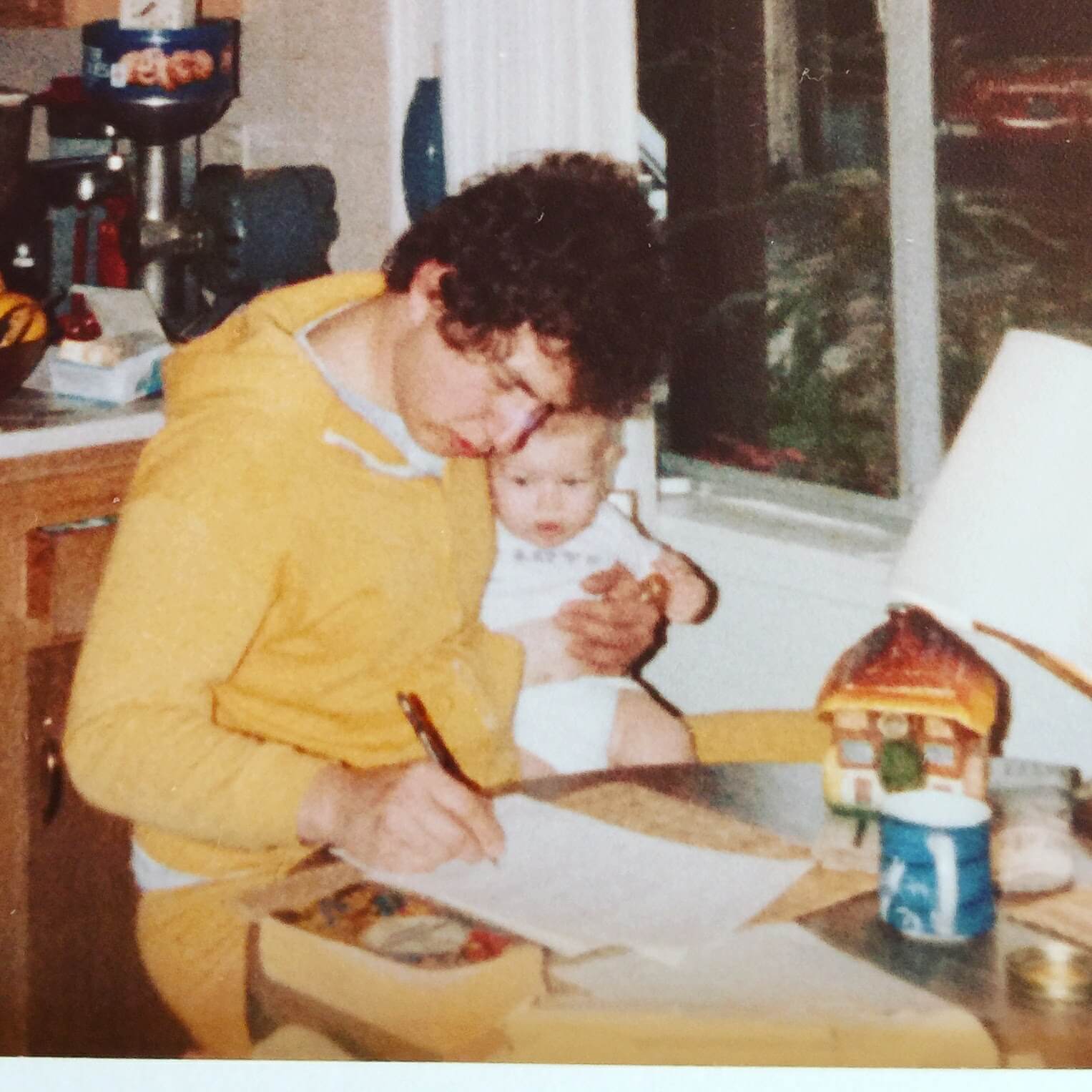One of the biggest obstacles facing college students who are parents is the need to obtain childcare while they attend classes. At the same time, student parents – who are often juggling paid work with schoolwork – want to spend more quality time with their children. The Two-Generation Classroom, in which parents learn alongside their children, provides an opportunity to respond directly to both of these needs.
Developed by Research Scientist Autumn Green and her team, the Two-Generation Classroom is an evidence-based approach based on the idea that not only can students take college-level courses with their children, but within the context of a carefully designed and structured curriculum, they can learn the material more effectively than they might in a traditional college classroom.
Through arts integration, experiential learning, and the concept that we learn material best when we teach it to others, the Two-Generation Classroom can engage students in in-class interactive lesson plans designed for adult/child pairs, family homework activities, and adult-oriented online assignments that allow them to complete college courses towards their degree.
Educational equity is at the heart of the Two-Generation Classroom philosophy. Not only are curricula specifically designed to reflect evidence-based approaches to supporting student parents, but they are also designed with the intention of ensuring social justice in the classroom for students who face multiple disadvantages.
Green and her team have developed sample syllabi and lesson plans for several two-generation courses, and have initiated partnerships with universities where two-generation courses will be piloted beginning in 2021. This is a project of the Higher Education Access for Parenting Students Research Initiative led by Green.




